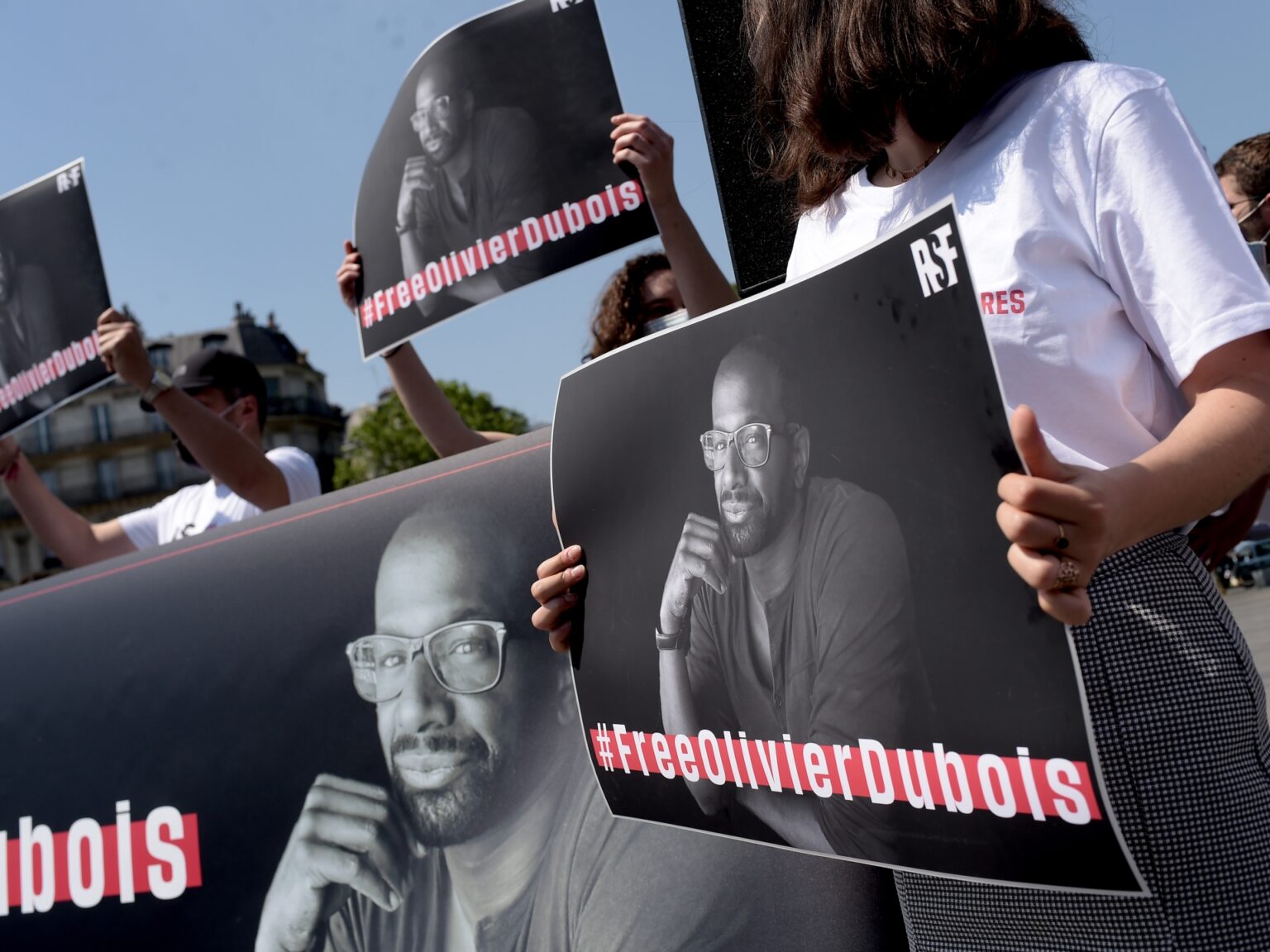Global Courant 2023-05-03 18:03:39
On Wednesday, May 3 at 19:30 GMT:
According to a recent report by Reporters Without Borders, Africa’s Sahel region is one of the most dangerous places for a journalist to report. “What It’s Like to Be a Journalist in the Sahel” describes the ongoing erosion of press freedom that puts the region on track to become a “no-news zone”.
Not only local and international journalists risk their lives but also the possibility of being kidnapped, arrested or expelled amid a rise in armed groups and military governments that see a free press as a threat to their authority. In the past ten years five journalists have been killed, six are missing and nearly 120 have been arrested or detained. French journalist Olivier Dubois was released earlier this year after being kidnapped in Mali two years ago.
While journalists struggle to report under pressure, the number of outlets has also declined, making it increasingly difficult to access critical information. International news organizations such as Radio France International and France 24 have had suspended their operations in different countries while essential local radio stations are also blinded. Sadibou Marong, Director of the RSF Sub-Saharan Africa Office has warned that “decisive action is needed to prevent 110 million Sahelians from being deprived of their basic right to information”.
In this episode of The Stream, we discuss the challenges of being a journalist in the Sahel and what the future of journalism in the region holds.
In this episode of The Stream we are joined by:
Sadibou Marong @RSF_nl
Director, West Africa Bureau, RSF
David Dembele @alcofris
Journalist
Ousmane A. Diallo @Usmaan_Aali
Senior researcher, Amnesty International








